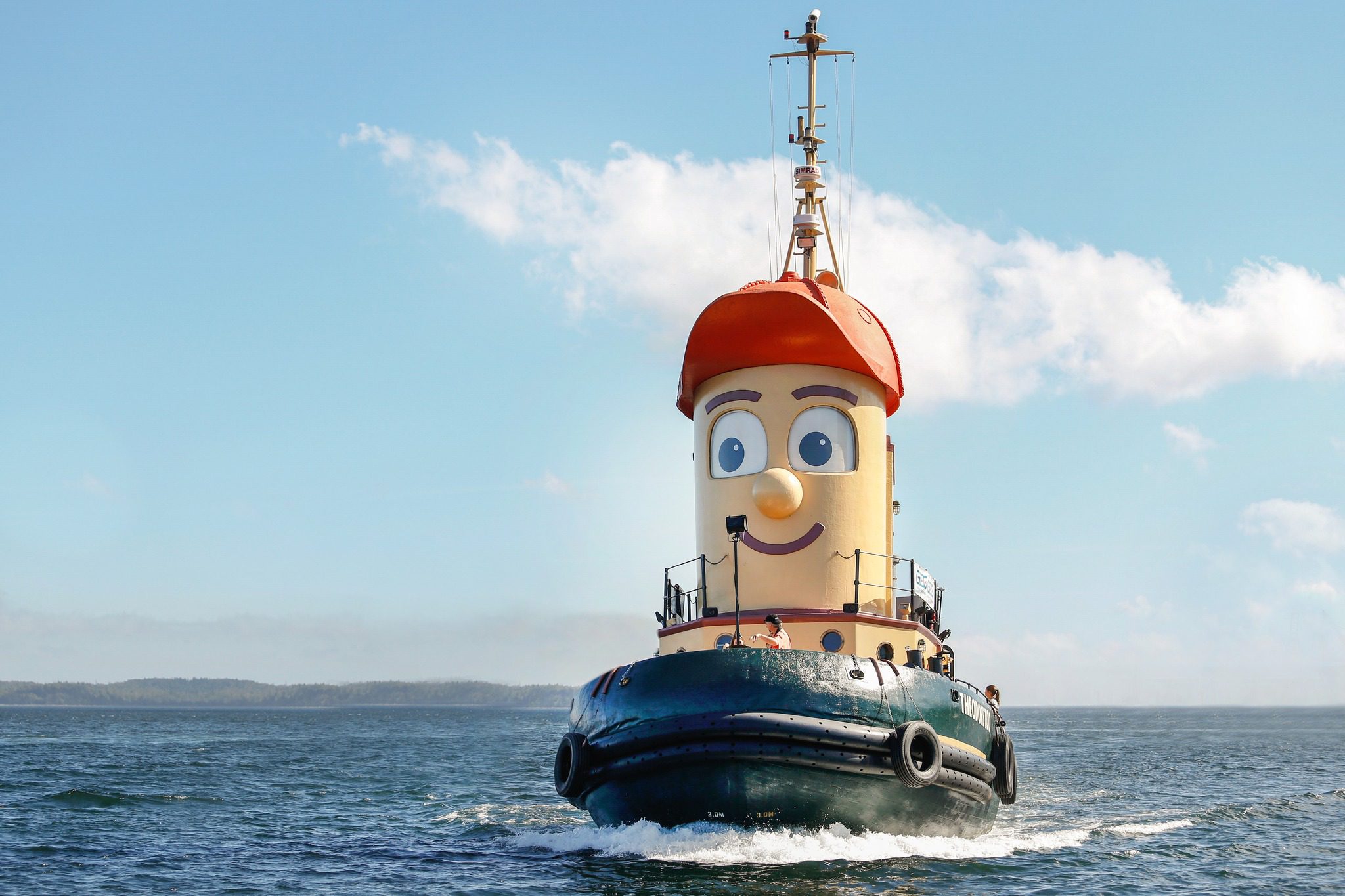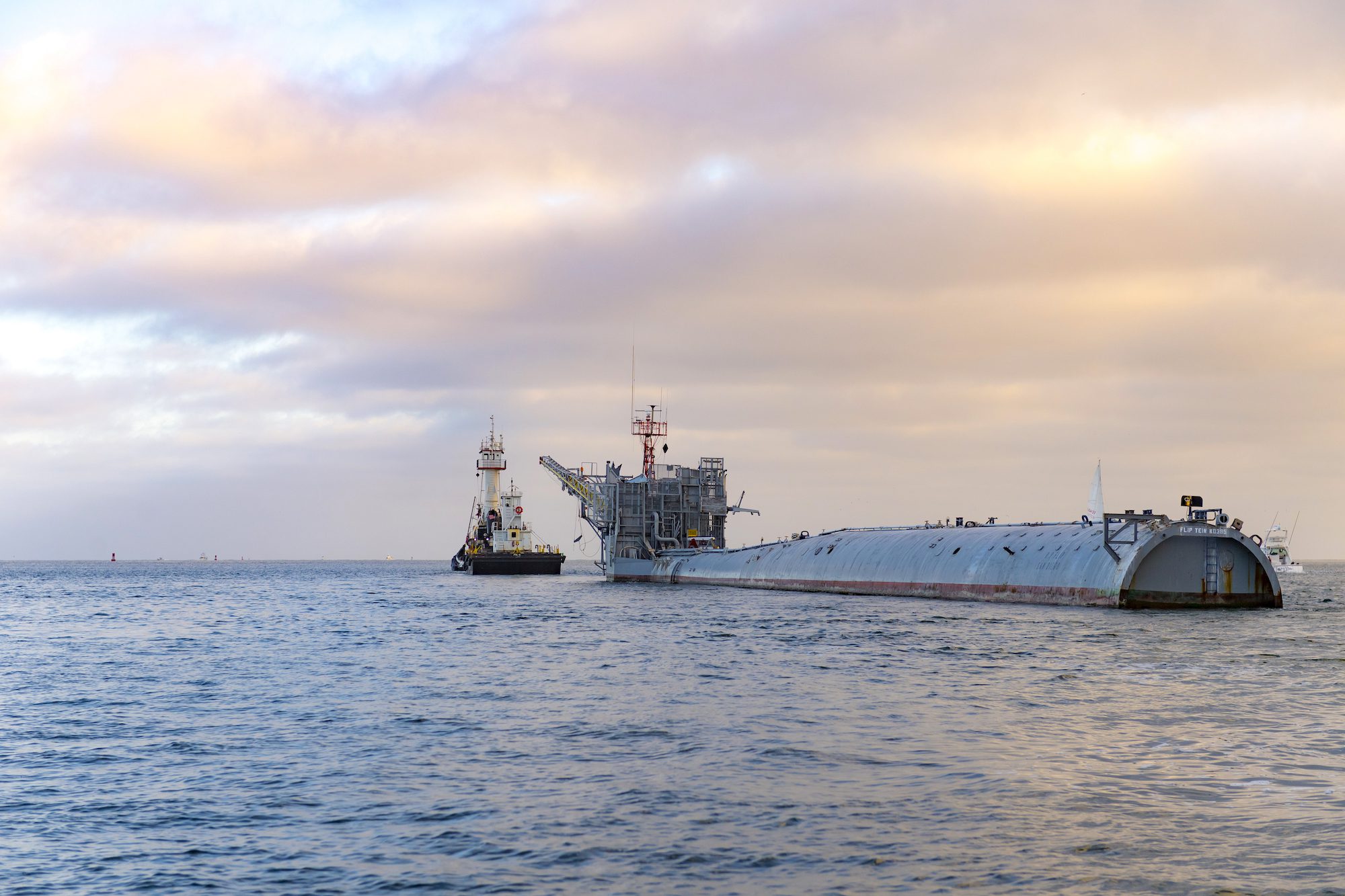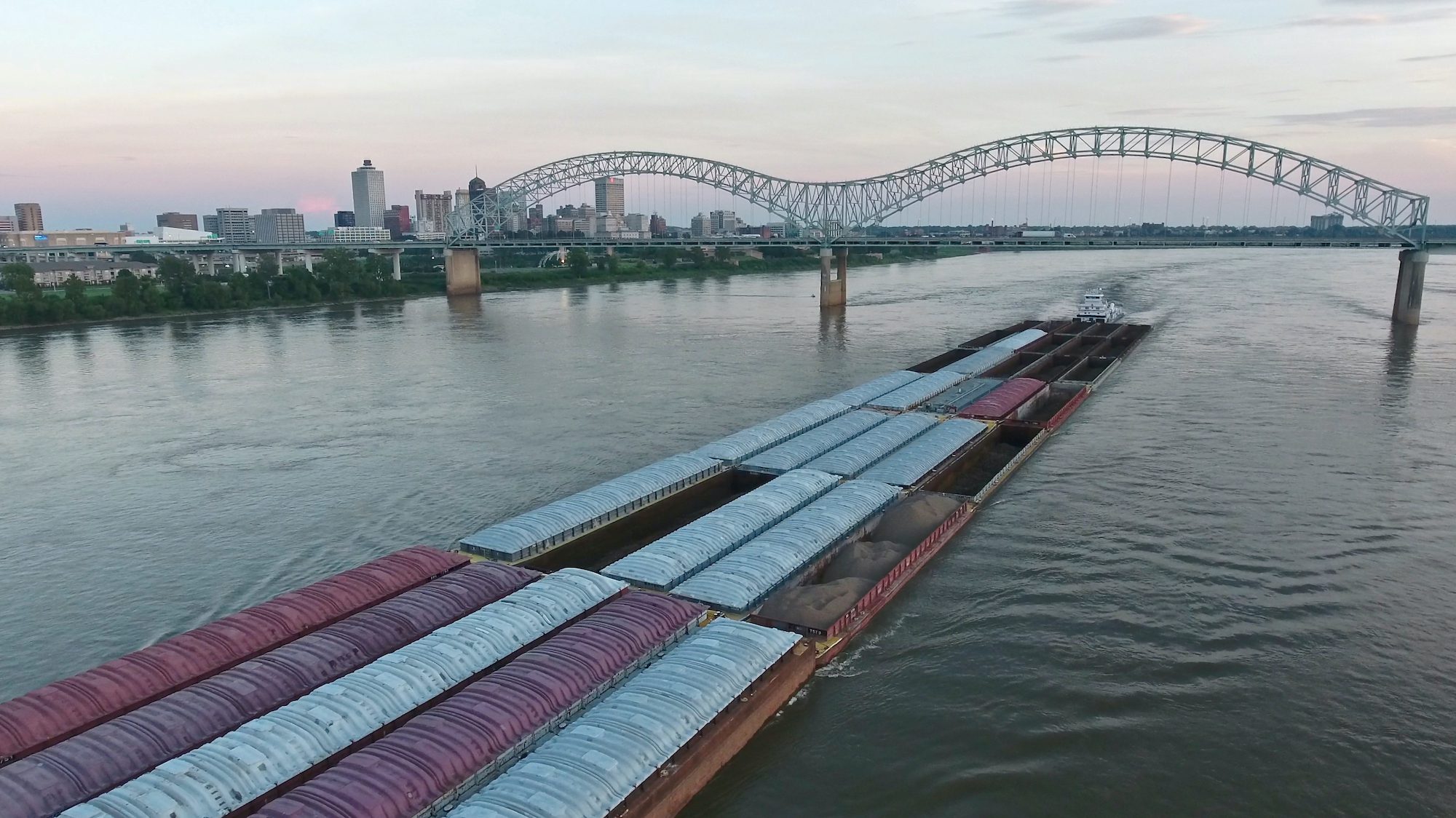 By Clay Maitland
By Clay Maitland
Shipping, it is often said, is a house of many mansions. It is characterized by different qualities, and varies according to the nationality of the ships themselves, and their owners. Here in the United States, however, one thing cuts across all of the niche markets and special interests: we need leadership. Nowhere is this more apparent then in the somewhat veiled circumstances of the firing (because that is what it was) of Admiral Philip H. Greene Jr. as Superintendent of the United States Merchant Marine Academy, also known as King’s Point, located on Long Island Sound, within sight of the New York State Maritime Academy, across the water in the Bronx. This has been followed by an order from the United States Maritime Administration (MARAD), closing down GMATS, a self-funded graduate training program based at the Academy. Now MARAD is taking away the Academy’s training ship, the KING’S POINTER, transferring it to Galveston, Texas, where it may be refurbished, and could be made available to the Texas Maritime Academy (Texas A&M) for its own training needs.
Admiral Greene’s removal is the third such incident in fairly rapid succession since shortly before the start of the Obama administration. While various reasons have been given, the fact that the superintendency of King’s Point has become more of a merry-go-round than the presidency of some Central American banana republics in former times has made the job highly unattractive, and the butt of sarcastic remarks.
Significantly, the present Maritime Administrator, David Matsuda, has been the subject of widespread dissatisfaction and, to a degree, open expressions of contempt. Mr. Matsuda comes from a career as a political staffer on Capitol Hill. His background lies in railroad regulation, and his lack of knowledge of shipping became apparent even before his appointment at the start of the Obama administration. It is said that he owes his position very largely to the support of Senator Frank Lautenberg of New Jersey.
In bygone times, MARAD Administrators (as the head of the agency is described) were selected after a careful vetting by U.S. maritime unions, and leading figures in the private sector. Recently, the same unions issued a blast denouncing MARAD for the production and issuance of a report that graphically described the drawbacks of U.S. flag restrictions, particularly in terms of cost, in comparison with U.S-owned tonnage registered in foreign flags.
It is not clear why American maritime unions were willing to accept Mr. Matsuda’s appointment in the first place, particularly as they have now turned on him. It is also unclear why the U.S.-flag maritime industry, which is heavily staffed by alumni of King’s Point, is so docile in face of the steady amputation of essential parts of the Academy itself.
King’s Point is largely a product of the Second World War, at a time when mariners were desperately needed to crew the gray-hulled Liberty and Victory ships and tankers that, produced in huge numbers, made a major contribution to Allied victory. Today, it and the other American maritime academies maintained as state-chartered institutions, still produce large numbers of well-trained merchant mariners. But if the U.S. government is seemingly oblivious to the importance of the shipping sector, there is no sign that the maritime industry itself is willing to step forward in defense of its vital educational institution on the north shore of Long Island. It has been observed that the industry’s lack of leadership, and indeed lack of concern, resembles its response – or lack there of – on many other issues. The industry, in the United States and indeed overseas, is very short of individuals willing to take the risk of speaking out, and perhaps of being unpopular. This has sometimes been called “middle-managementitis”. As the world economic recession threatens the survival of many shipping companies regardless of the flag that they fly, there is a sense that much of the maritime industry here in the United States is running out of time.
In the United States, we need a strong and focused government maritime policy. This policy should contain the following elements:
- Education and training must be more strongly supported by the private sector. It is unlikely that there will be much federal funding available in the near future, so let’s roll up our sleeves.
- The politicization of the Maritime Administration (MARAD) is in many ways detrimental to the development of a strong U.S. maritime policy. When it does get things right, it is often undercut by special interests and short-termers within the maritime sector and the U.S. government. This is an agency in need of a good sweeping out, and a solid policy direction.
- “Maritime policy” must mean (as it doesn’t, at present) one that covers the entire U.S. based industry, regardless of flag. The emphasis must be on jobs for American seafarers, and on training policies that make sense.
- About 95% of all American freight is hauled on our interstate highways. The levels of congestion, and the social and environmental costs, keep growing. The failure to develop short-sea shipping is largely due to the remarkably high cost of building tugs, barges, and other ships in U.S. shipyards. The legal requirement that all such ships must be “built American” has supposedly destroyed the possibility of a successful coastwise shipping program.
- But has it? The industry is waiting for a new Henry J. Kaiser, who built so many of the ships that braved the Battle of the Atlantic. Is it absolutely certain that an American yard or yards cannot turn out ships, tugs and barges at a competitive price? For that matter, is it certain that it is impossible to profitably run a U.S. coastwise operation with U.S. crews, if we do manage to get rid of the “build American” requirement?
- It has long been clear that if a new generation of Americans is to be recruited to careers in the shipping industry, with seagoing experience leading into numerous shoreside opportunities, serious support for training must be provided. It is generally agreed by our maritime unions, as well as private-sector companies, and within MARAD itself, that the decline of the U.S. flag has been caused by uncompetitive practices, taxation, over-regulation and the failure to develop a coherent maritime policy. The United States has some of the best maritime training schools in the world, with cadets that are among the most highly motivated that can be found anywhere. But a real commitment by the U.S. government is not evident.
- Shipping is still an excellent industry with pride in its achievements and the capacity to expand to meet the needs of a growing nation, and indeed the world. The tone, however, must be set by government, and that is what is presently missing. The industry, and the nation, deserves a Maritime Administration, and a maritime policy, that is worthy of national support and international respect.

 Join The Club
Join The Club











